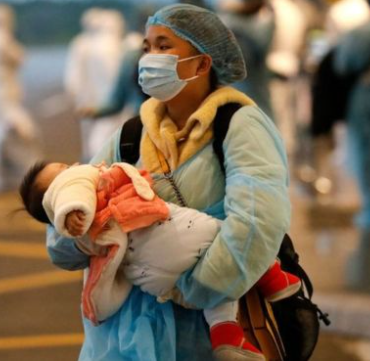The Journal for Gender Based Violence is calling for abstracts to be submitted for articles for a special Edition on Digital Technologies and Gender Based Violence: Mechanisms for oppression, activism and recovery. This decision came following the September conference in Oslo – The third European Conference on Domestic Violence. Over 8,000 delegates from 41 countries participated. A consistent theme was how digital technologies were impacting on understandings and responses to Gender Based Violence (GBV). The special issue represents a timely edition to this emerging field to critically explore how technologies can be used to perpetrate and reinforce GBV and simultaneously be a powerful tool for resistance, activism and recovery and the challenges this brings.
Their rationale is that Digital technology plays a fundamental role in all our lives, operating across public and private realms, often in ways many of us do not completely comprehend (Turke 2011). Technology facilitates forms of GBV which, even a decade ago, seemed unlikely (Woodlock 2016). New forms of technology provide perpetrators ever-growing ways to harass and control their victims using the tools of everyday life (Barter et al 2017, Tech Abuse 2017). As Woodlock concludes technology creates a sense of the perpetrator’s omnipresence to isolate, punish and humiliate. Alongside direct forms of technological GBV we have seen the rise in online misogynistic platforms and participatory communities, such as the Gamergate movement, as well as the recurrent targeting of girls and women by online trolls (United Nations 2015).
Specific topic areas may include:
- Transdisciplinary understandings of technologically facilitated GBV
- Power structures and social inequalities that shape the nature and dynamics of technologically facilitated GBV
- Digital spaces being used to perpetuate and reinforce attitudes condoning GBV
- Spyware and GBV surveillance
- Criminal law in digital contexts
- Links between new technology and GBV activism and support
- Digital communities and their impact in real-word settings for GBV
- Communities of support formed through the digital activism to resist GBV
- Evaluation of technologically driven interventions for GBV survivors
If you would like to submit an abstract it should not exceed 500 words in length. Please send it to Dr Christine Barter, Cabarter@uclan.ac.uk, University of Central Lancashire, Connect Centre for International Research on Interpersonal Violence and Abuse no later than 1st April 2020. Please include your name and email contact details. Feedback and a decision will be provided by May 15th.


